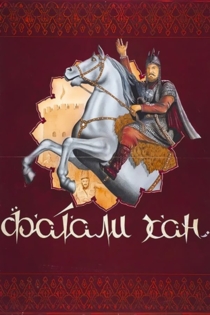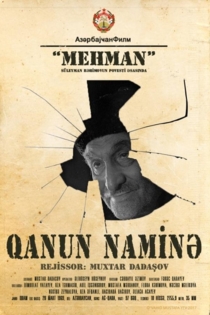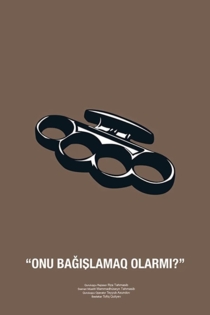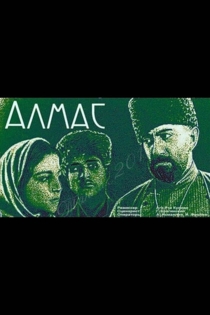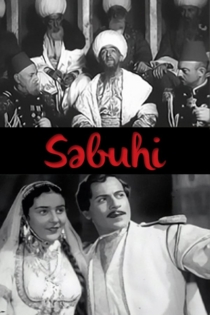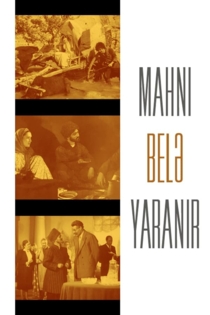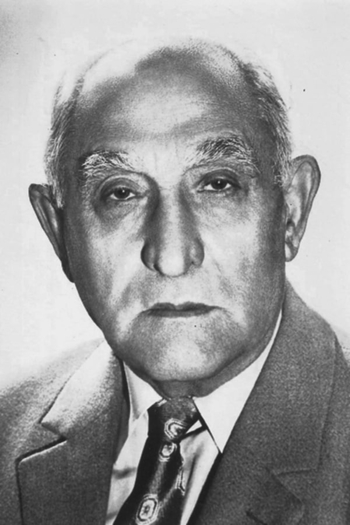
Rza Tahmasib
1894 - 1980Tahmasib was born Rza Tahmasibbeyov to a wealthy merchant family. He received his primary education at Maktab-i Tarbiyya school in Nakhchivan, where he learned Russian, Persian and Arabic languages. He continued his education at a three-year Russian school in his hometown. His interest to theatre was invoked by actor Huseyn Arablinski who was touring Nakhchivan with his troupe in 1907. In 1910 he left for Tiflis where he studied at a School of Commerce and joined an amateur actors' club at Shaitan Bazaar. Constantly travelling between Nakhchivan, Tiflis and Erivan, he often participate in both amateur and professional theatre activities in all of the three cities. In 1918, Tahmasib moved to Baku to enter the program of Oriental Studies at the Azerbaijan State University. That same year he got married and had a son (who soon died by drowning in the Volga River), but the marriage did not last long. In his final year of university, Tahmasib switched to the program of Education. In 1933 he was invited by Sergei Eisenstein to Moscow to pursue a degree in film directing at the Gerasimov Institute of Cinematography and accepted the invitation, having been involved in theatre throughout the 1920s. In 1934 he married a widowed primary school teacher and had three more children. In 1943, Tahmasib directed the movie Sabuhi (1943), a tribute to writer and philosopher Mirza Fatali Akhundov. However Tahmasib's celebrated masterpiece is considered to be the musical comedy "The Cloth Peddler" (1945), which was a screen adaptation of Uzeyir Hadjibeyov's operetta of the same name, composed in 1913. The film was a success not only in Azerbaijan, but throughout the Soviet Union. For directing The Cloth Peddler, Tahmasib received the Stalin Prize in 1946. In 1947 Tahmasib acquired a Ph.D. degree and taught at the Azerbaijan Institute of Theatre. He also translated plays and theatre-related research articles from Russian to Azeri. His other films include The Lights of Baku (1950), in which Tahmasib himself starred, A Song Is Created Thus (1959) and Can One Forgive Him? (1960).
Arşın mal alan
Nikolai Leshchenko, Rza Tahmasib
Rashid Behbudov, Leyla Badirbeyli
Set in Baku at the turn of the 20th century, a young successful businessman Asgar wishes to marry. He wants his bride to be the choice of his heart, however, Azerbaijani tradition restricted him from communicating with the lady as a lover before marriage. So Asgar decides to disguise himself as a mere cloth peddler and the young woman Gulchohra falls in love with him.
Arshin Takes a Wife
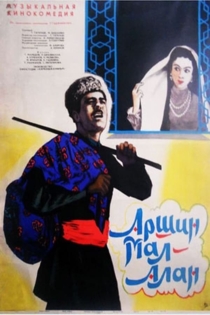
Bakıda küləklər əsir
Mukhtar Dadashov
Shahmar Alakbarov, Hasan Mammadov
Лето 1942 года. Фашистские войска штурмуют Кавказ. Они рвутся к бакинской нефти. В районе Нальчика обосновалась спецгруппа абвера "Вартбург". В Баку на нефтепромыслы из Майкопа под именем советского инженера Каштанова направляется немецкий разведчик Цигель (Павел Кадочников). В Каспийском море начинают взрываться танкеры с грузом бензина. В "Вартбург" проникает советский контрразведчик "Хазри"...
The Winds blow in Baku
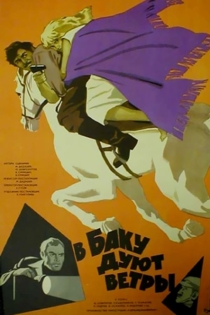
Огни Баку
Aleksandr Zarkhi, Rza Tahmasib
Nikolai Okhlopkov, Nikolay Kryuchkov
Dedicated to the development of the oil industry of Soviet Azerbaijan in the background of the first half of the twentieth century, including their selfless work in strengthening the economic and military might of the USSR.
The Fires of Baku
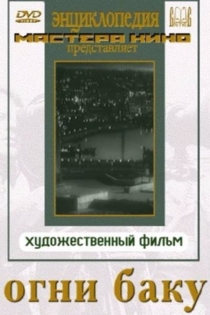
Fətəli Xan
Yefim Dzigan
Alasgar Alakbarov, Ismail Afandiyev
Исторический фильм о борьбе в XVIII веке молодого правителя Кубинского ханства Фатали-хана, стремившегося объединить разрозненные ханства в единое Азербайджанское государство. В 1958 году была сделана новая редакция фильма.
Fatali Khan
